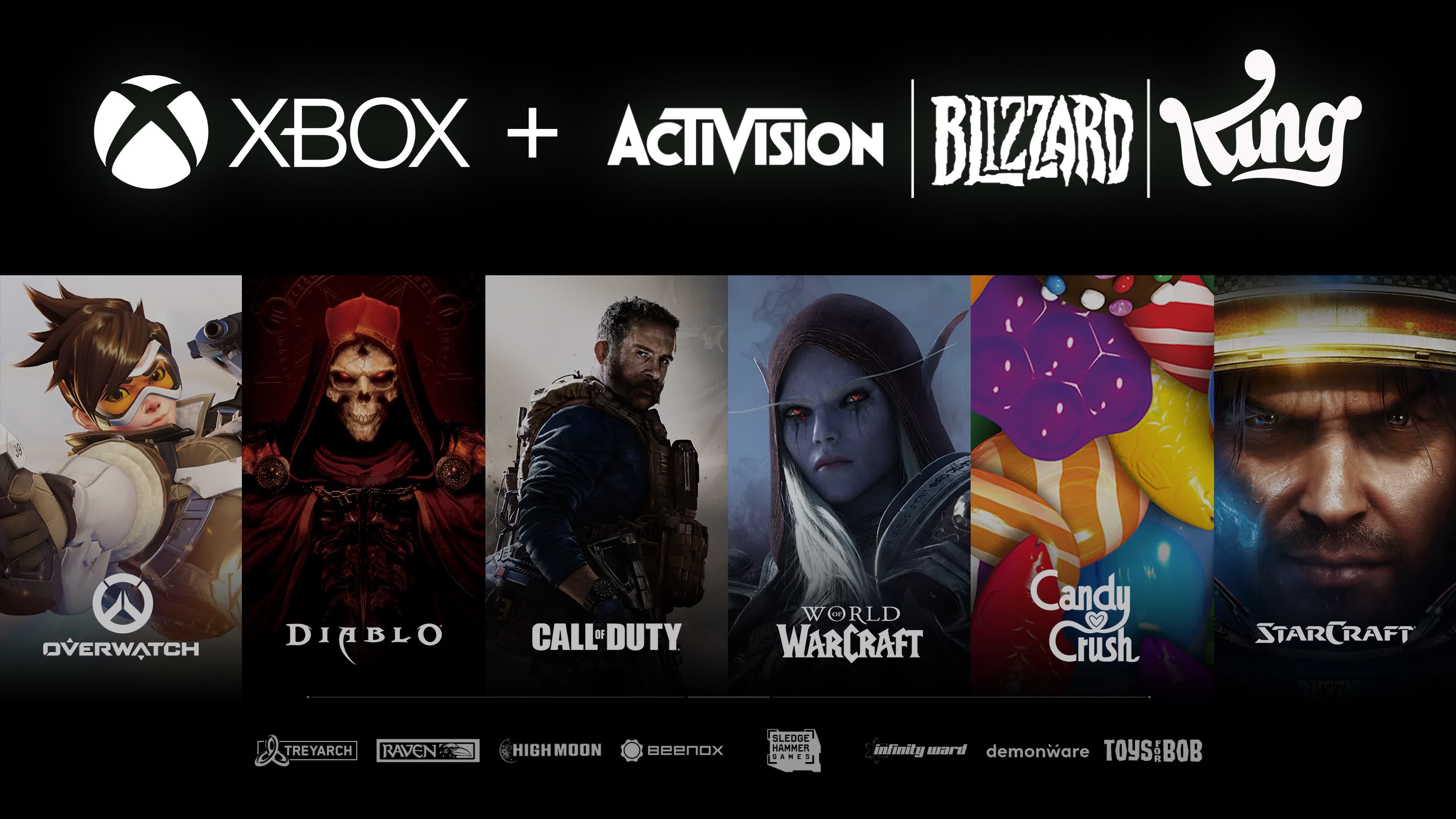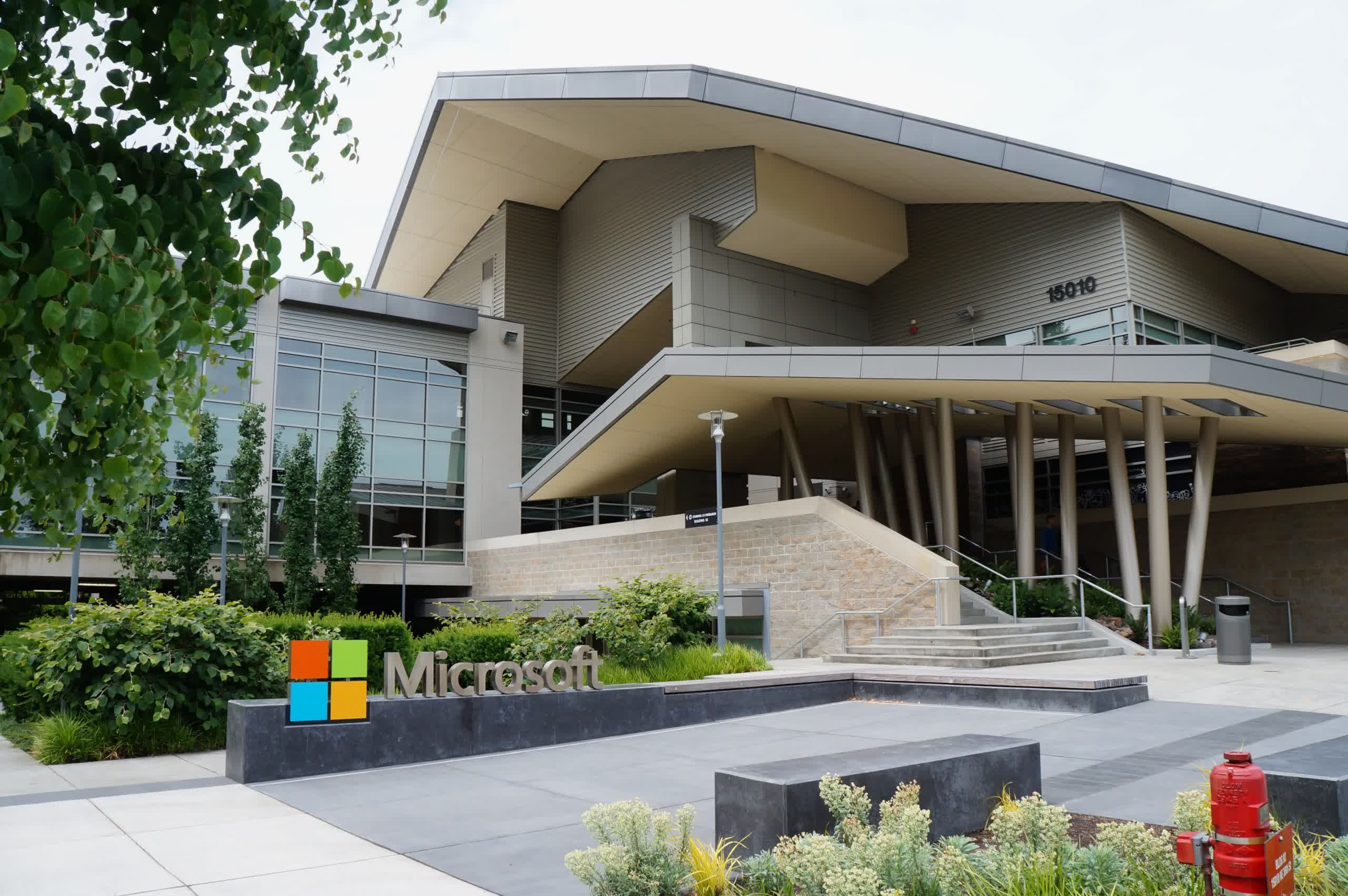In brief: As Microsoft faces off in court against the US Federal Trade Commission (FTC) in its bid to acquire Activision Blizzard, numerous surprising details have come to light regarding the relationship between Microsoft, Sony, Bethesda Game Studios, Activision Blizzard, and other companies. It appears Microsoft and Sony have spent years fighting behind the scenes over exclusivity rights to landmark titles.
Exclusivity has been the most prominent sticking point of the opposition from Sony and the FTC against Microsoft's $69 billion attempt to purchase Activision Blizzard. Since Microsoft announced the deal in January 2022, it and Sony have jostled back and forth between Sony's claims that its competitor would degrade or withhold PlayStation versions of Activision's Call of Duty franchise, and Microsoft's assurances to the contrary. However, testimony during hearings reveals a much more complicated situation.
One of the hearing's first revelations could undercut Sony's prior statements about Call of Duty. An email unsealed minutes into the proceedings revealed that PlayStation head Jim Ryan was never concerned about the possibility of the franchise becoming exclusive to Xbox. He wrote that he believed the critical sales driver would continue to see releases on PlayStation for the foreseeable future.
While Microsoft has stated on multiple occasions that it would allow Activision Blizzard to continue developing Call of Duty on PlayStation 5 and future PlayStation consoles after the acquisition, Ryan brought the longevity of that agreement into question during the hearing. In a deposition, he suggested that Sony would withhold next-generation PlayStation development kits from Microsoft subsidiaries.

Xbox head Phil Spencer suggested that the policy has already stopped Microsoft-owned studios from fully supporting PlayStation, but the claim's veracity might not be ironclad. Since purchasing Minecraft studio Mojang, Microsoft has kept developing the monumentally popular title for rival platforms like PlayStation, Nintendo, and Apple, but Spencer said it didn't optimize the game for PS5 due to a lack of proper dev kits.
However, Minecraft also doesn't have an optimized version for Xbox Series X and S. Furthermore, Minecraft Legends launched in April for PS5 and Xbox Series consoles. The only title in the franchise currently favoring Xbox is Minecraft Dungeons, which has an optimized Xbox Series version but is only available on PS5 through the backward-compatible PS4 version. During the hearing, the FTC noted that Microsoft previously considered canceling the PlayStation version of Minecraft Dungeons.
The exclusivity of titles from Bethesda Game Studios, which Microsoft acquired in 2020, has also become an important subject in the court battle. The FTC pointed to the absence of a PlayStation version of Starfield as evidence that Microsoft's promises regarding Activision games aren't trustworthy. However, Spencer revealed that Microsoft bought Bethesda after learning that Sony was possibly paying for the game to remain a PS5 exclusive.

Aside from Call of Duty, perhaps the most important upcoming title for establishing Microsoft's multiplatform release policy is Bethesda's The Elder Scrolls VI. At the hearing, Spencer refused to confirm what platforms it will debut on, claiming that it's too early for such details because the game is at least five years away. Its release platforms may depend on whether Microsoft receives development tools for the PS5's successor.
Aside from game exclusivity, Microsoft's dominance in the emerging cloud gaming market is another significant pillar of the legal battle. Cloud was the main reason the UK's Competition and Markets Authority gave for denying approval for the acquisition.
To assuage those concerns, Microsoft has entered agreements to offer its games on other cloud services to prove that it wouldn't make Call of Duty exclusive to Xbox Cloud gaming. Furthermore, the company continues to downplay the importance of the cloud.

In a cross-examination, Sarah Bond, Head of Xbox Creator Experience, said that cloud gaming was the least popular feature of Microsoft's Game Pass subscription service. Some speculate that cloud gaming could become a critical separate game market, but Bond suggested it's just an extra perk in the existing console space. She said subscribers mostly use the functionality to stream games on a console while waiting for non-streaming versions to finish installing.
Likely Microsoft's starkest attempt to play the little guy, despite its ability to buy another company for $69 billion, is its admission during the hearing that it has lost the "console wars." Since entering the console market over 20 years ago, Xbox consoles have usually been in third place behind PlayStation and Nintendo systems, and the company's recent comments on the race are likely meant to imply that purchasing Activision Blizzard wouldn't hand it an anticompetitive amount of market power.
If the court grants the FTC's requested injunction, Microsoft and Activision Blizzard won't be able to complete the deal until after the FTC's antitrust hearing on August 2. This would force the companies to miss the acquisition contract's original July 18 deadline, potentially killing the purchase.
